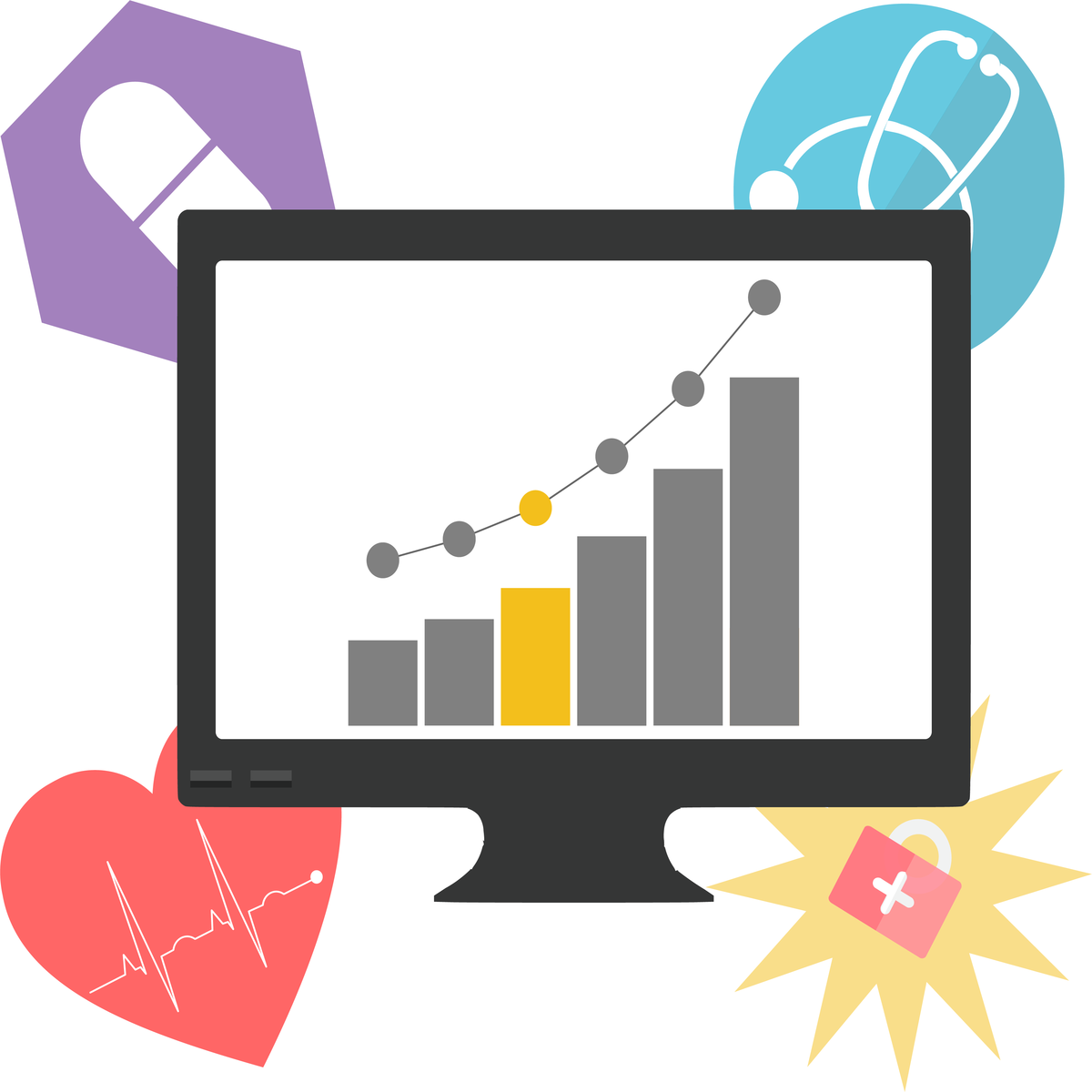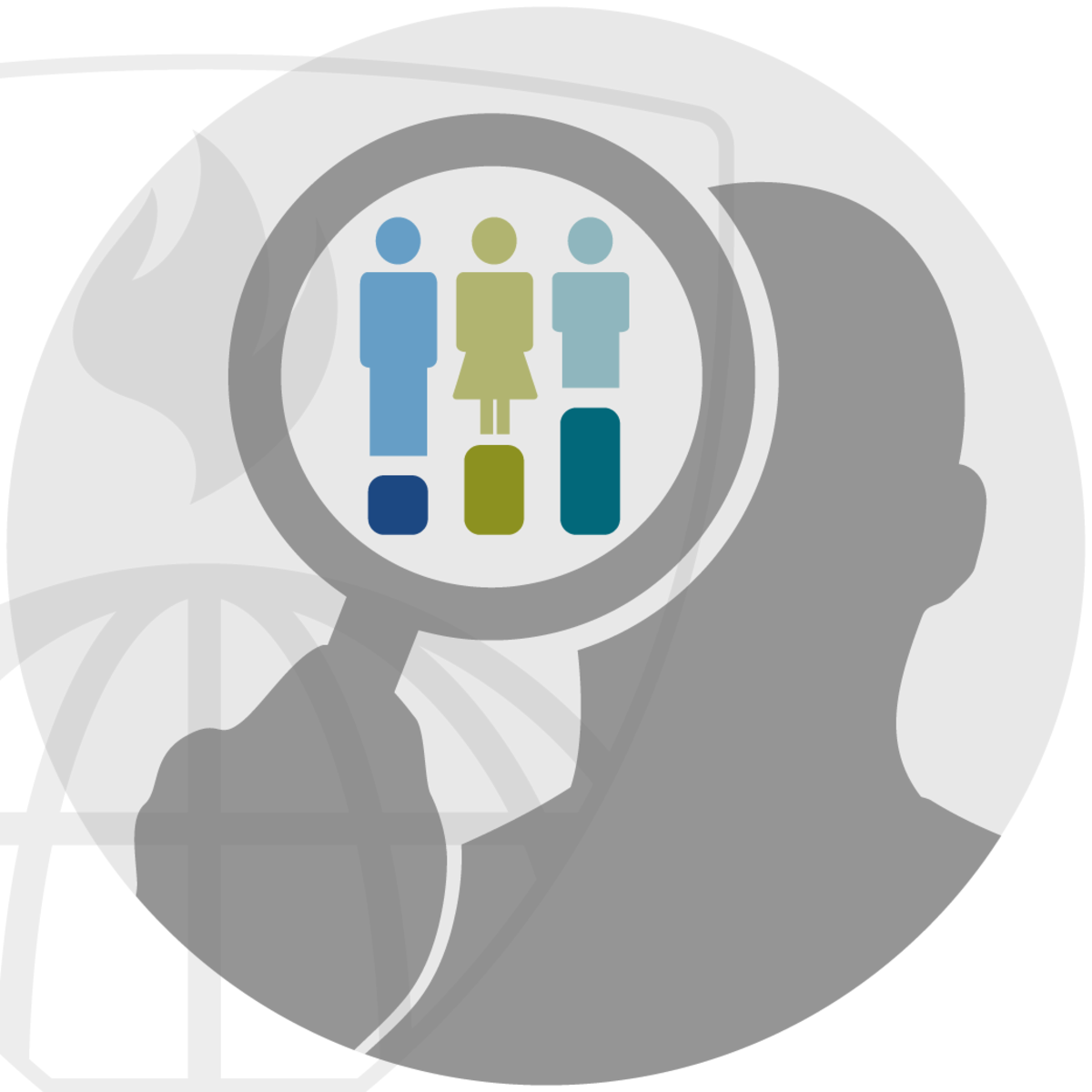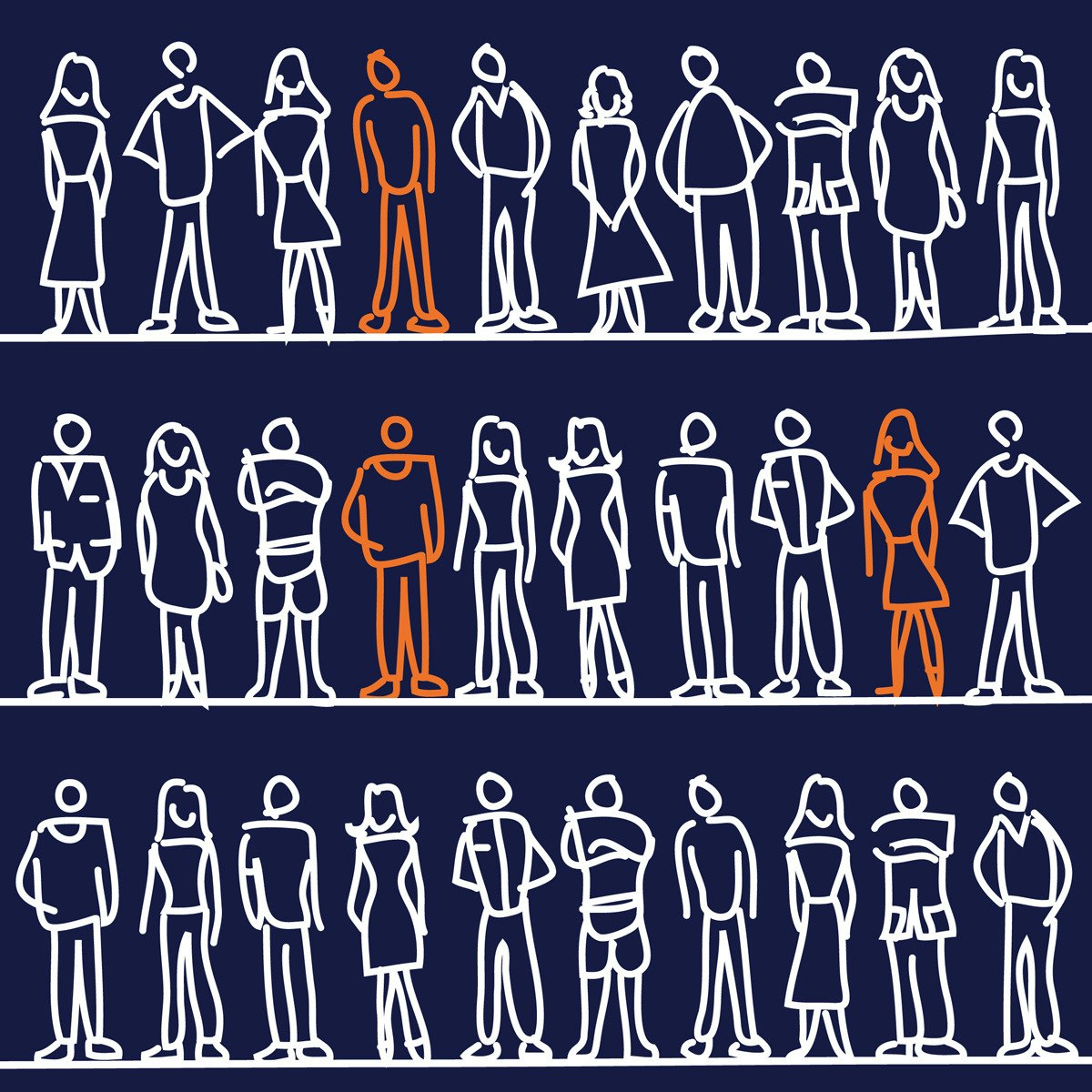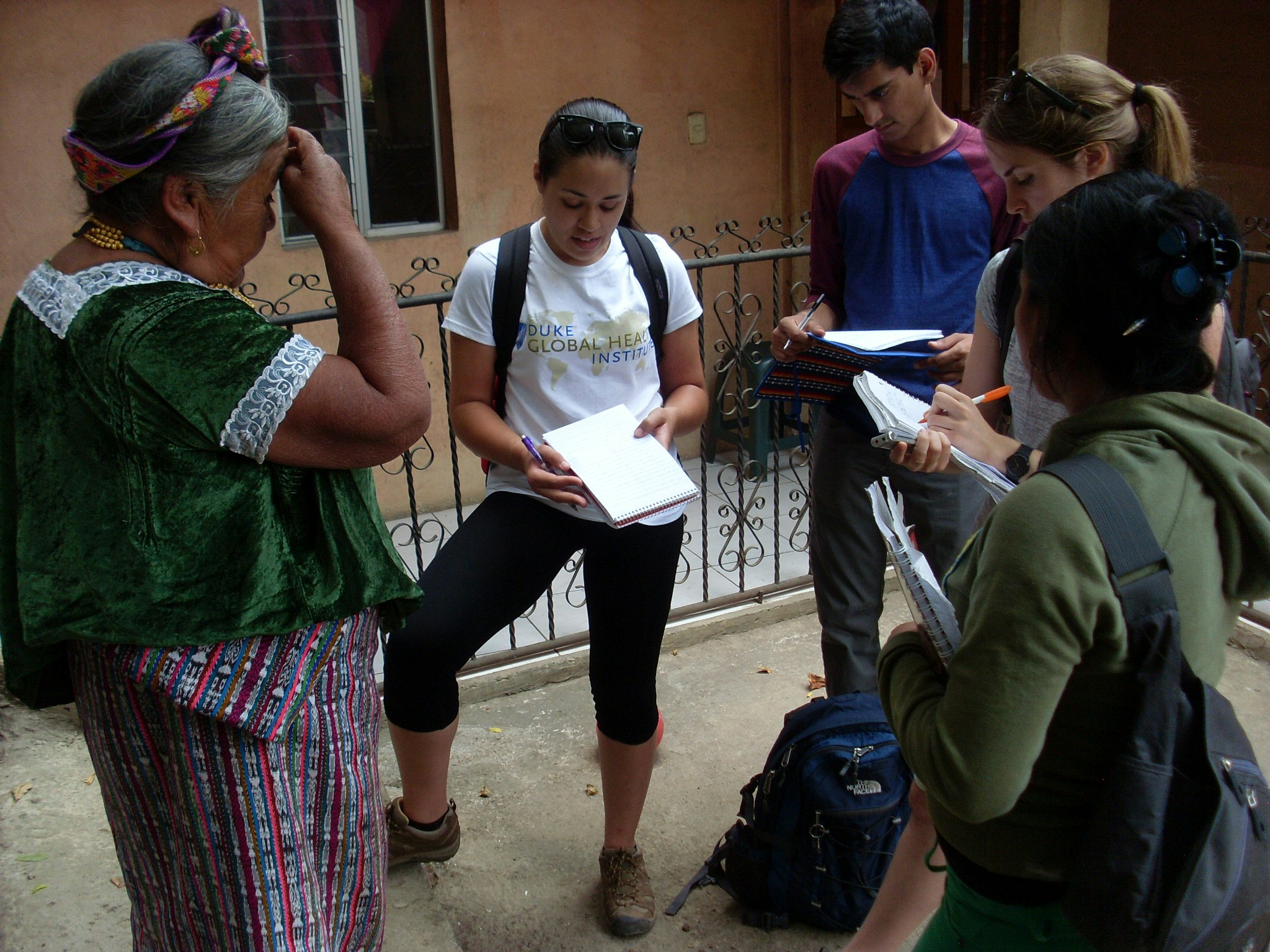Back to Courses









Public Health Courses - Page 13
Showing results 121-130 of 196

Climate Change, Sustainability, and Global Public Health
The third course of the Impacts of the Environment on Global Public Health specialization will introduce you to two major environmental health challenges facing the world today. The first is climate change –the preeminent threat to public health today, and a threat that will impact every human and ecosystem on the planet. We will evaluate the causes and impacts of climate change, as well as policies and approaches that can be used to reduce the impacts of climate change on human health. The second is sustainability, a concept that can be applied to reduce the impacts of human activities on the environment as well as human health. We will explore different sustainability frameworks, as well as the effects of different energy generation sources on the environment and public health.

Evaluation of Digital Health Interventions
This course focuses on data, evaluation methods and the economic evaluation of digital health interventions. This module focuses on key data considerations for digital health including data management, data visualisation and methods for evaluating digital health interventions. The key focus is on experimental and quasi-experimental design approaches that can be applied to evaluating digital health interventions and key considerations for the economic evaluation of digital health interventions.

Rebuilding Our Relationship with Food
Have you ever made a conscious effort to change the way you eat (for health or other reasons) and then felt frustrated when your plans were derailed? You’re not alone. The best laid plans are often sabotaged by a food environment that makes it increasingly hard to make healthier food choices. This can leave many people feeling mistrustful of food or feeling that our relationship with food is somehow broken. In this course, we’ll explore the history of our changing food environment, the science behind cravings for unhealthy foods AND most importantly, you’ll learn some concrete strategies for rebuilding your relationship with food. You’ll learn to practice mindful eating and self-compassion (proven strategies for supporting healthier food choices) as well as designing a customized plan to protect your relationship with food and improve the health of your greatest asset - you! I can’t wait to start on this adventure together.
Special thanks to: William Bottini, Sejal Parekh, Janine Van Schoor, Ann Doerr, Perry Pickert and the fantastic team at Friday Films.

Identifying Patient Populations
This course teaches you the fundamentals of computational phenotyping, a biomedical informatics method for identifying patient populations. In this course you will learn how different clinical data types perform when trying to identify patients with a particular disease or trait. You will also learn how to program different data manipulations and combinations to increase the complexity and improve the performance of your algorithms. Finally, you will have a chance to put your skills to the test with a real-world practical application where you develop a computational phenotyping algorithm to identify patients who have hypertension. You will complete this work using a real clinical data set while using a free, online computational environment for data science hosted by our Industry Partner Google Cloud.

Fundamental Sports related Musculoskeletal Anatomy
This is an online course on fundamental sports-related musculoskeletal anatomy which provides students with a basic understanding of the musculoskeletal structure and function of different body regions. Topics include an overview of the musculoskeletal system, spine, upper limb, and lower limb.

Application of Health Equity Research Methods for Practice and Policy
Intended for students who have completed the introduction to health equity research course and/or have previous experience working in this area. This course will cover innovative methods, practical tools, and skills required to conduct rigorous health equity research and translate evidence-based strategies into practice and policy. Covers topics ranging from conceptual frameworks for stakeholder engagement and behavioral intervention development, to adapting interventions for socially-at-risk populations, and research methods in healthcare services and social epidemiology.

Communication and Leadership during a Public Health Crisis
As the world changes dramatically around us, leadership skills are necessary to help keep the population safe and healthy.
This course emphasizes why it is important to build leadership skills in public health positions and work with diverse teams while immersed in a crisis. The course is designed to help develop effective communication skills necessary to lead a team through conflict and crisis, and build strategies to reach a common goal.

Disease Screening in Public Health
Current and future public health is characterized by the increase of chronic and degenerative diseases, corresponding to the worldwide ageing of the population. The increasing prevalence of these conditions together with the long incubation period of the chronic diseases and the continual technological innovations, offer new opportunities to develop strategies for early diagnosis.
Public Health has an important mandate to critically assess the promises and the pitfalls of disease screening strategies. This MOOC will help you understand important concepts for screening programs that will be explored through a series of examples that are the most relevant to public health today. We will conclude with expert interviews that explore future topics that will be important for screening.
By the end of this MOOC, students should have the competency needed to be involved in the scientific field of screening, and understand the public health perspective in screening programs.
This MOOC has been designed by the University of Geneva and the University of Lausanne.
This MOOC has been prepared under the auspices of the Ecole romande de santé publique (www.ersp.ch) by Prof. Fred Paccaud, MD, MSc, Head of the Institute of Social and Preventive Medicine in Lausanne (www.iumsp.ch), in collaboration with Professor Antoine Flahault, MD, PhD, head of the Institute of Global Health, Geneva (https://www.unige.ch/medecine/isg/en/) and Prof. Gillian Bartlett-Esquilant (McGill University, Quebec/ Institute of Social and Preventive Medicine, Lausanne).

The Challenges of Global Health
What are the world’s major health challenges? What contributes to them? What can we do to improve health outcomes and reduce health disparities?
Whether you are new to Global Health, want to take a refresher course, or want to sample Global Health before undertaking undergraduate or graduate study in the field, The Challenge of Global Health is designed to provide a comprehensive but concise foundation for understanding Global Health problems and solutions.
Taught by Dr. David Boyd, an award-winning professor at Duke University’s Global Health Institute (https://www.youtube.com/watch?v=SB4xBBzNxVQ), the course combines lectures with videos shot around the world and interviews with some of the world’s foremost Global Health experts.

Population Health: Syndemics
Do you wish to contribute to breaking cycles of ill-health in disadvantaged populations? And explore co-occurrence of diseases, such as substance abuse, infectious and chronic disease, and the relation with social factors (disparities)?
Are you disappointed in the poor effectiveness of interventions for combined social and medical problems?
Then this syndemics course might provide you with some answers.
In medicine, diseases are generally approached as distinct entities, in isolation from other diseases ánd the social contexts in which the disease occurs. However, in disadvantaged populations accumulations of risk factors intertwine with complex social problems leading to excessive burdens of disease and interventions with poor effectiveness.
For that reason, alternative approaches are needed that do not separate diseases from the contexts of inequality and health disparity in which they develop. The simultaneous presence of more than one disease is not treated as co-morbidity; a syndemic approach pays attention to the forces that tie afflictions together.
This course will learn you about the concept of syndemcs and how to explore these combined medical and social problems. It will cover different research methods (quantitative, qualitative and mixed-method research) that can be used in studying syndemics.
Popular Internships and Jobs by Categories
Find Jobs & Internships
Browse
© 2024 BoostGrad | All rights reserved